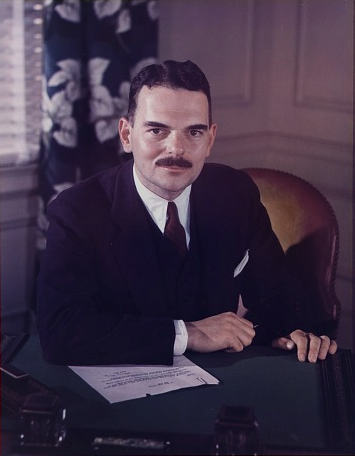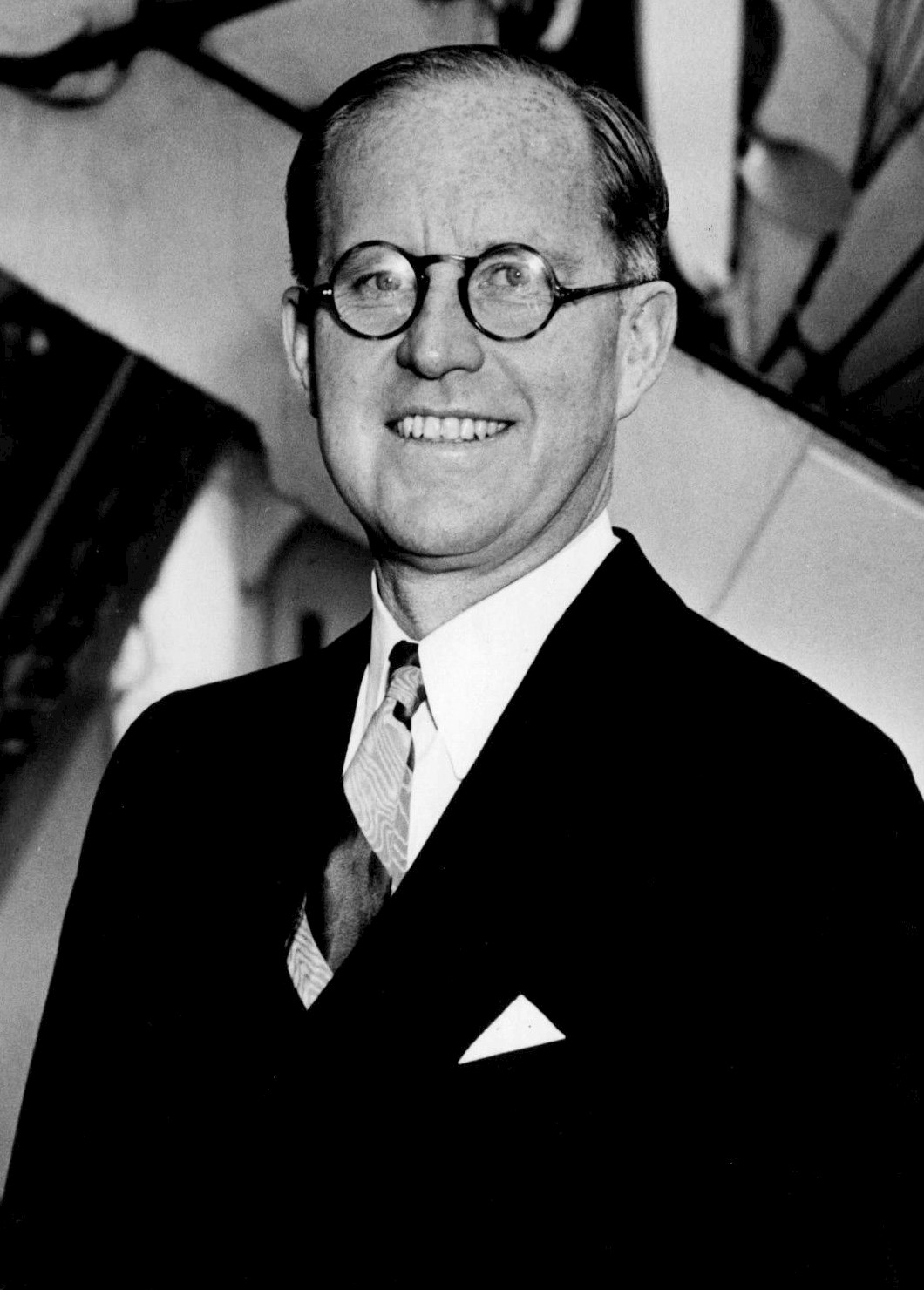That was the rumor, but no one has ever been able to prove it and several bios (and the family) claim it was false. Now him being a shady stock trader (not illegal at the time for some reason), that is true and in fact FDR made him the first chair of the brand new SEC to close the loopholes he used to get rich:

en.wikipedia.org
Smart bastard, he shorted the market in 1929, put the money into real estate when price were rock bottom, and got rich AF:
Given how sick FDR was when he ran for a 4th term (and that race accelerated his death) I think he'd have run if he was just short of bed ridden. Given too how poorly FDR ran his administration (he only met Truman twice before he died and told him nothing, as well as lied to and played off multiple cabinet members against one another) and had promised several people his support if they ran in 1940 only to run himself, I doubt he'd be in a position to dictate anything. Remember when he ran in 1944 the party strong armed him into taking Truman and dumped Wallace against his will, so it wasn't like the party leaders were going to blindly follow him. Plus it was tradition for the ex-president not to endorse any candidate in the primary. Certainly FDR could twist arms behind the scenes if he was up to it, but he had a lot of enemies in the party; if not for his relatively popularity with the public the party bosses might have prevented his run in 1940.
The Catholic thing is a bit overhyped IMHO, especially given how easily an Irish Catholic was able to be not only accepted, but eagerly welcomed in British upper class circles upon his arrival and until he started to clash with Chamberlain after the Munich agreement fell apart. He was considered so upper class and accepted in the US power elite that it wouldn't have been the hinderance people claimed. I'm also pretty sure the big deal made of JFK's Catholicism later on was an election tool to get out the Catholic vote for him, since his socially liberal stance somewhat clashed with traditional US Catholic social conservatism.
As I said he would have been a dark horse candidate, as FDR had promised a few other people to back them behind the scenes, but that doesn't mean that he wouldn't have been the favorite, especially given that he was considered to be more conservative on economic issues than the other candidates and therefore more acceptable to the more conservative southern party bosses that were the core of the party at the time.
Churchill was the one who said the 'yellow' line. And yes he was a political rival.
I hadn't heard about the currency manipulation, but he did all sorts of shady stock speculation which wasn't actually illegal at the time. In fact he was the first head of the SEC which made illegal all what he did. As to the appeasement policy it seems he was basically a pacifist when it came to the situation in Europe and thought that war was the worst option and even if appeasement was flawed it was better than war; he was also anti-communist and I think convinced that war in Europe would result in a Communist take over of the continent.
I think you're right about the Nazis turning east and fighting a long war there if peace with Britain was concluded. Would Britain even do much beyond trading with the Soviets if they already made peace and were disordered as a result?
As to the situation in the Pacific I haven't come across anything about his position on that. I think he'd probably try negotiation and might even get Japan to back down somewhat, as apparently they were willing IOTL to offer major concessions to FDR, but FDR refused to accept unless he got total acceptance of his demands (i.e. leave the Axis, leave all of China, and sign non-aggression pacts with all Pacific powers).



